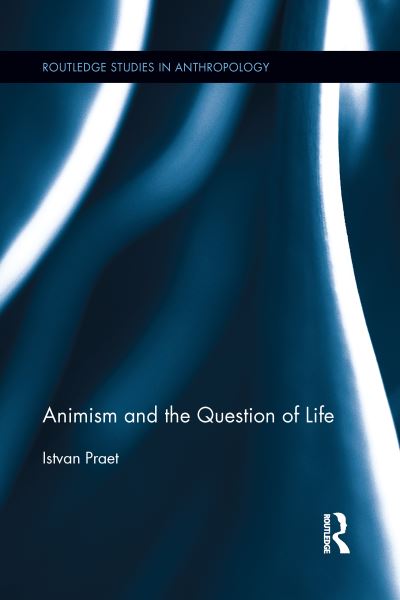
The central purpose of this book is to help change the terms of the debate on animism, a classic theme in anthropology. It combines some of the finest ethnographic material currently available (including firsthand research on the Chachi of Ecuador) with an unusually broad geographic scope (the Americas, Asia, and Africa). Edward B. Tylor originally defined animism as the first phase in the development of religion. The heyday of cultural evolutionism may be over, but his basic conception is commonly assumed to remain valid in at least one respect: there is still a broad consensus that everything is alive within animism, or at least that more things are alive than a modern scientific observer would allow for (e.g., clouds, rivers, mountains) It is considered self-evident that animism is based on a kind of exaggeration: its adherents are presumed to impute life to this, that and the other in a remarkably generous manner. Against the prevailing consensus, this book argues that if animism has one outstanding feature, it is its peculiar restrictiveness. Animistic notions of life are astonishingly uniform across the globe, insofar as they are restricted rather than exaggerated. In the modern Western cosmology, life overlaps with the animate. Within animism, however, life is always conditional, and therefore tends to be limited to one's kin, one's pets and perhaps the plants in one's garden. Thus it emerges that "our" modern biological concept of life is stranger than generally thought.
| ISBN: | 9781138952904 |
| Publication date: | 18th September 2015 |
| Author: | Istvan Praet |
| Publisher: | Routledge an imprint of Taylor & Francis |
| Format: | Paperback |
| Pagination: | 198 pages |
| Series: | Routledge Studies in Anthropology |
| Genres: |
Social and cultural anthropology |